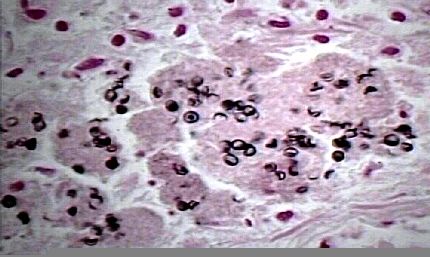Antibiotics have revolutionized modern medicine and saving millions of lives. However, most antibiotics are not used to save lives. In human medicine we use them very often to treat lung ailments. Almost 50% of all antibiotics used in agriculture, primarilyin productiontocompensate intensive livestock crowded and unnatural conditions in the factory farms. Most of the pigs, poultry and dairy cows receiving antibiotics, usually if they are really sick, with some European pigs spent on average 20% of his life on antibiotics. Over the past ten years a whole new E. coli and MRSA superbakteriy become a serious problem in European farms because of excessive use of antibiotics. Experts in the field of public health of the world agreed that resistant bacteria are created in food animals, antibiotic use and resistance, these bacteria are transmitted to people. This makes it more difficult for physicians to treat injured patients, potentially fatal delays in determining effective antibiotics when necessary. The situation is so acute that the Director-General of the World Health Organization, Dr. Margaret Chan, warned in 2011 "after the antibiotic era in which many common infections no longer treatment and again kill unabated. "
This is an ongoing challenge for public health and one that Soil Association has been researching and campaigning for many years. We also joined the Compassion in World farming and sustainable, to form an alliance to strattera price save our antibiotics. We want to make the following urgent measures on the use of antibiotics:
withdrawal period after drug use to be extended in accordance with organic standards

Learn more about Find out how to support our work on antibiotics, or by becoming Learn about >>. <<